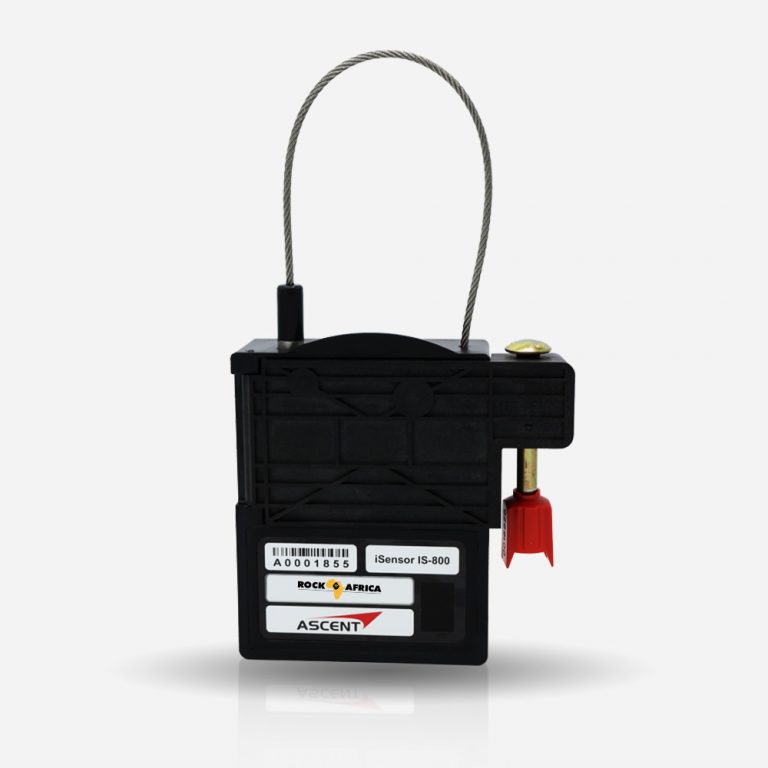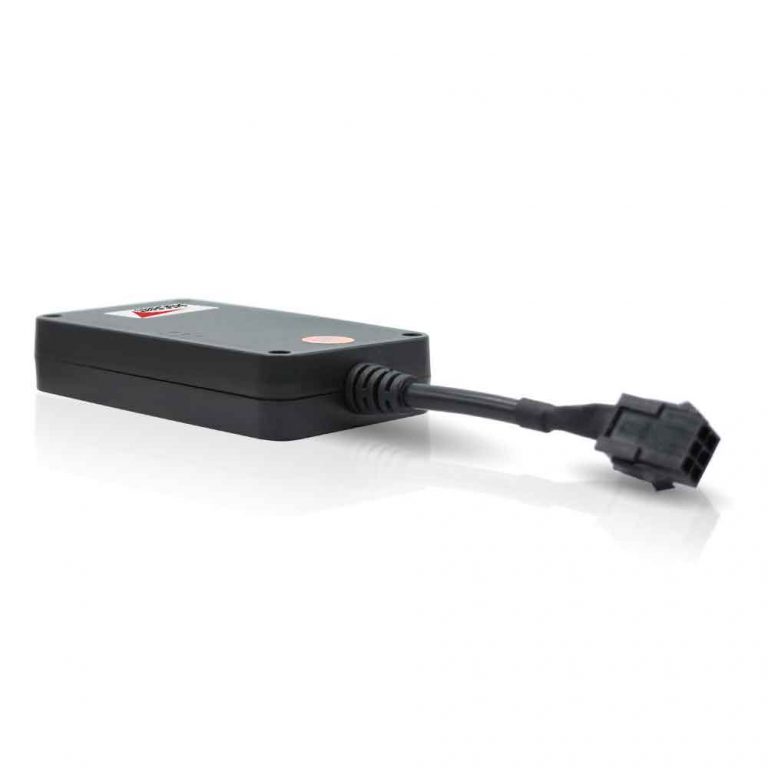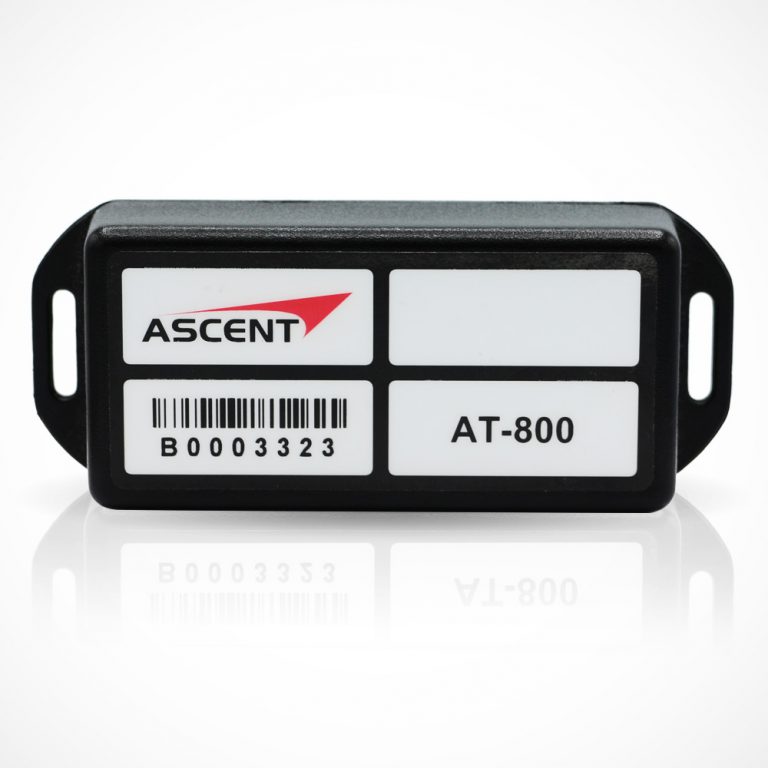Recall that one time when you made an online purchase and your order got mixed up, delayed or went missing? Excelling in inventory management is no easy feat, however enlisting the help of the right tools and technology will get you there. You can become an expert in inventory management!
With the adaptation of technology into our daily lives, activities are becoming more convenient, digital banking and e-commerce being examples of such cases.
E-commerce has grown by leaps and bounds over the past few years, transforming the way we sell and buy. For most of us, e-commerce is already an integral part of our lives that we cannot do without. Due to the many benefits e-commerce brings for both sellers and buyers, many businesses are venturing into e-commerce which has added convenience to the shopping process. Most would have felt comforted by the presence of e-commerce at a certain point in time, especially with the COVID-19 pandemic, where many countries have imposed lockdowns and are encouraging people to stay home.
Why is Inventory Management important?
Many brick and mortar stores have already established an online presence to complement their physical store. There are also businesses that only operate in the digital space. Regardless of which category your business falls into, as long as products are being sold, inventory management is crucial.
Let’s not underestimate the power of making good decisions. Ensuring visibility of the inventory across the supply chain is essential as real time tracking of inventory is required to keep count of stock levels. Good visibility will ensure that the company will be able to make wise decisions with regards to the stock level. Businesses should visualise the kind of shopping experience they desire to create by thinking from the perspective of the customers, thus aligning inventory management to be supportive of that goal.
Order fulfilment problems related to Inventory Management
Here are some of the possible issues that could arise due poor inventory management.
Out-of-Stock
Have you ever looked up a product online only for it to be out of stock? Thereafter, you return to the website a week later to purchase another product only to be greeted with “out of stock” again. Not a pleasant experience to have with an e-commerce platform, neither is it the kind of shopping experience you would like to create for your customers. If customers are often met with out-of-stock situations whenever attempting to make purchases, it could lead to frustration and disappointment. They could decide not to purchase from the store which could potentially result in the permanent loss of a customer.
Another issue arising out from poor inventory management is having to cancel an order that has already been received. This happens when the stock count on the e-commerce platform is not updated in real-time. The order from the customer is accepted only to realise later that the product is no longer available. Talk about dashing hopes, definitely not a situation anyone would want to encounter as a customer!
Location of Inventory
Poorly organised warehouse and misplacing of inventory could result in the inability to locate items leading to delays or failure to deliver items to customers.
Why is this a problem? Maintaining trust with customers is key. By frequently failing to deliver an item on time, customers could turn away. Neither the business nor customer benefits from an inefficient system.
Some might simply choose state a longer delivery time to accommodate the inefficiencies. However, a longer delivery time could be detrimental for an e-commerce business, especially if competitors are able to deliver in a shorter time frame.
Shrinkage
The loss of inventory due to theft or administrative error. This is when the actual inventory level is lesser than the recorded inventory level which results in losses.
Poor Customer Service
As the above has shown, being unable to account for your inventory in real-time could result in poor customer experience which is of great importance, considering that there is no lack of alternative choices in the market nowadays. Customers can easily explore other options with just a few clicks on their smartphone.
How does RFID benefit inventory management?
No more tedious manual counting and no more having to scan the barcode of each piece of inventory!
Each individual piece of inventory is serialised with a RFID label which allows for the tracking of inventory level and movement in real time from multiple locations onto a central cloud platform. The inventory can be tracked using a smartphone or web application.
By integrating RFID with ERP, companies can now have a greater visibility over their inventory levels throughout the supply chain thus enabling them to make better decisions. Using RFID for inventory management will lead to quicker inventory count, lesser human errors and greater accuracy.
Out-of-stock situations can be prevented as the relevant data can be viewed through ERP, allowing companies to know which are their popular products and restock them in advance before they go out-of-stock. Stock levels can also be kept updated in real time on the e-commerce platform. With RFID, items can be easily found and missing items can be located quickly. Good inventory management will ensure that all items are accounted for and shrinkage can be detected early to prevent losses. Overall, all these leads to better customer service which benefits the business in the long run.
A proper and well-functioning inventory management process is essential for an e-commerce business to function smoothly.
Check out how our QuikCount® assists with inventory management.







